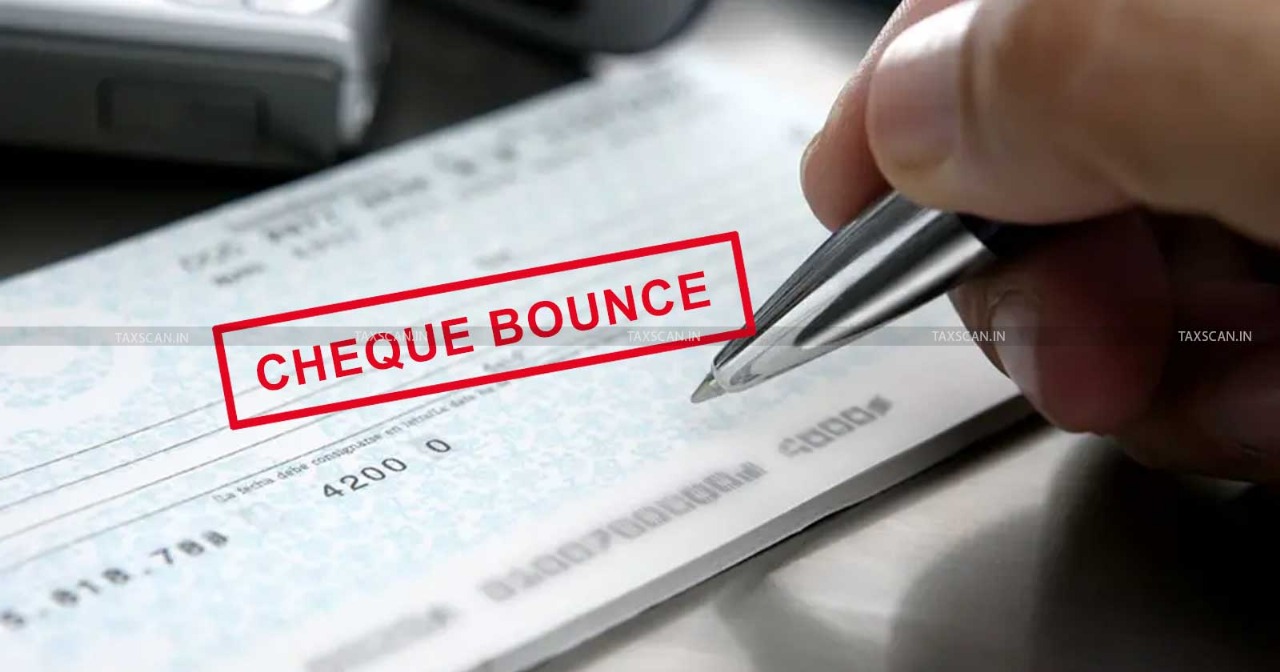GST Order Must Set Out Relevant Facts and Decision Basis: Allahabad HC Says Mere Reference to Previous Notices Insufficient [Read Order]
Even in cases where a taxpayer fails to respond to notices, the adjudicating officer must still comply with the statutory requirement of passing a reasoned, self-contained order, observed the bench
![GST Order Must Set Out Relevant Facts and Decision Basis: Allahabad HC Says Mere Reference to Previous Notices Insufficient [Read Order] GST Order Must Set Out Relevant Facts and Decision Basis: Allahabad HC Says Mere Reference to Previous Notices Insufficient [Read Order]](https://images.taxscan.in/h-upload/2025/06/23/2053274-gst-order-site-img.webp)
The Allahabad High Court has quashed an order passed under Section 73(9) of the CGST (central Goods and Services Tax Act) , 2017, for failing to comply with the statutory requirement under Section 75(6), which mandates that adjudication orders must set out relevant facts and the basis of the decision.
How to deal with GST special audit and departmental audit? Register Now
Justices Siddhartha Varma and Harvir Singh held that mere reference to earlier notices without discussing the factual background or reasoning renders such orders unsustainable in law.
The case involved a challenge to the order dated 29.04.2024, passed by the Commercial Tax Officer, State Tax, Bareilly, against the petitioner creating a tax liability of ₹1,28,663/- under Section 73 of the GST Act.
The petitioner, M/S Agarwal Kirana Store, submitted that it was unaware of a scrutiny notice issued under Section 61 on 06.11.2023, as it had only been uploaded on the GST portal. Subsequently, a show cause notice under Section 73 was issued on 20.12.2023, with a deadline of 20.01.2024 to file a reply.
The notice did not specify any personal hearing date (marked “NA”). Although the petitioner requested an adjournment, the department proceeded to pass the final order without considering it.
The petitioner contended that the order violated Section 75(6), which explicitly requires the adjudicating authority to set out relevant facts and the basis for its decision. Instead, the impugned order merely noted that earlier notices had been issued and remained unanswered, without offering any analysis or reasoning for determining liability. It was argued that such an approach failed to meet the requirement of a self-contained adjudication order, and the lack of substantive discussion rendered the order legally infirm.
The department, defending the order, argued that sufficient opportunity had been given to the petitioner through the notices under Sections 61 and 73, and the order could not be faulted when the taxpayer failed to respond.
 Also Read:Complainant Fails to Disclose Loan in ITR or Prove Financial Capacity: Gujarat HC Denies Appeal in Rs. 15 Lakh Cheque Bounce Case [Read Order]
Also Read:Complainant Fails to Disclose Loan in ITR or Prove Financial Capacity: Gujarat HC Denies Appeal in Rs. 15 Lakh Cheque Bounce Case [Read Order]
However, after examining the submissions and the impugned order, the High Court found merit in the petitioner’s case. It held that the order dated 29.04.2024 did not disclose any facts, reasoning, or independent application of mind, as mandated by Section 75(6).
The Court observed that even in cases where a taxpayer fails to respond to notices, the adjudicating officer must still comply with the statutory requirement of passing a reasoned, self-contained order. Referring to the text of Section 75(6), the Court noted that reference to earlier procedural steps cannot substitute for a proper adjudication.
It noted that “The manner of passing of order dated 29.04.2024 falls foul of the requirements of Section 75(6) of the Act, which requires that 'the proper officer, in his order shall set out the relevant facts and the basis of his decision', the statutory requirements for passing an order by setting out relevant facts and basis for the decision are totally missing from the order dated 29.04.2024.”
Accordingly, the High Court allowed the writ petition, quashed the impugned order, and remanded the matter back to the Commercial Tax Officer. The officer has been directed to provide the petitioner an opportunity to file a detailed reply to the Section 73 notice within four weeks, and thereafter pass a fresh, reasoned order in accordance with law. The Court further directed that a personal hearing be granted to the petitioner on a date fixed by the authority.
Divyanshu Pandey,Utkarsh Malviya and A.S.G.I.,C.S.C.,Saumitra Singh appeared for the petitioner and respondents respectively.
Support our journalism by subscribing to Taxscan premium. Follow us on Telegram for quick updates



